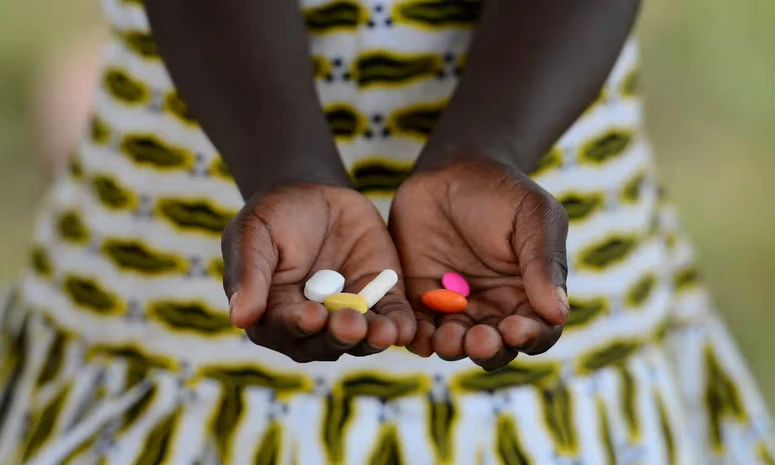20% of medicines in Africa found to be substandard or fake
 The World Health Organization says antibiotics and antimalarial products are the most falsified medicines in Africa. (Photo by borgogniels via Getty Images)
The World Health Organization says antibiotics and antimalarial products are the most falsified medicines in Africa. (Photo by borgogniels via Getty Images)
A major research project has revealed that one-fifth of medicines in Africa could be substandard or fake – contributing to the deaths of countless patients.
Researchers from Bahir Dar University in Ethiopia analyzed 27 studies, finding that out of 7,508 medicine samples, 1,639 failed at least one quality test, indicating they were substandard or falsified.
Sub-Saharan Africa faces public health crisis
Claudia Martinez, head of research at the Access to Medicine Foundation, highlighted the severity of the issue
“If patients are getting medicines that are substandard or outright fake, it can result in their treatment failing or even preventable deaths.”
The U.N. Office on Drugs and Crime estimates these substandard and falsified medicines cause up to 500,000 deaths annually in sub-Saharan Africa.
Substandard medicines are authorized but fail to meet quality standards, while falsified medicines deliberately misrepresent their identity, composition or source.
The World Health Organization (WHO) has noted that antibiotics and antimalarial products are the most commonly falsified medicines in Africa, potentially contributing to antimicrobial resistance.
Highest proportions in Malawi
The study found Malawi had the highest proportion of substandard and falsified medicines.
Martinez pointed to complex, inefficient, and fragmented pharma supply chains in many low- and middle-income countries as a significant factor.
The reliance on a limited number of suppliers and challenges in policing product quality exacerbate the issue.
Martinez stressed the need for immediate action by governments, national authorities, regulators and pharmaceutical companies.
Strengthening supply chains through improved infrastructure, logistics, and surveillance systems is crucial.
Pharmaceutical companies must also report substandard or falsified products promptly to national health authorities and the WHO.
Preventing future incidents
A WHO Spokesperson emphasized the importance of a multi-stakeholder approach to prevent, detect and respond to substandard and falsified products.
Increasing public awareness of the scope and potential harm of these products is vital for addressing this public health crisis.



